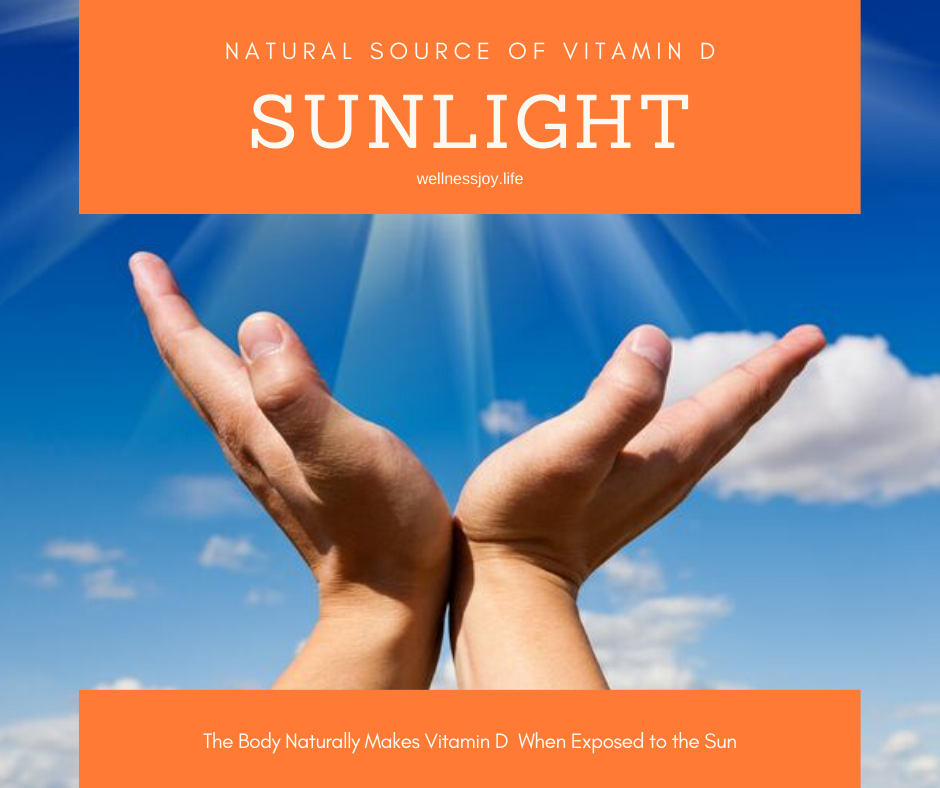Vitamin D Deficiency Overview
Vitamin D plays a much broader disease-fighting role than once thought. Being “D-deficient” may increase the risk of a host of chronic diseases, such as osteoporosis, heart disease, some cancers, and multiple sclerosis, as well as infectious diseases, such as tuberculosis and even the seasonal flu.
Institute of Medicine of the National Academy of Sciences has recommended a daily of 200 International Units (IU) till 50 years. However, if you are above 50 years of age then you would require 400 IU of vitamin D. Naturally vitamin D is limited to small amounts in fish oils, eggs, and milk. Although pasteurized milk is fortified with vitamin D, dairy products made from milk, such as cheese and ice creams, are generally not fortified with vitamin D. Food thus provides marginally low amounts of vitamin D.
Vitamin D is both a nutrient we eat and a hormone our bodies make. For most people, the best way to get enough vitamin D is taking a supplement especially if you don’t spend much time in the sun.
Regular exposure to sunlight allows our skin cells to use ultraviolet-B rays to synthesize vitamin D, which has several benefits, including: helps the intestine absorb nutrients, including calcium and phosphorus. This ensures strong bones and a strong immune system.
You may like to read: Nourish your Body and Mind with Healing Sunlight
Role of Vitamin D in our Daily Life
- Vitamin D provides calcium balance in the body that prevents osteoporosis or arthritis.
- Vitamin D regulates blood pressure
- Reduces stress and tension
- Relieves body aches and pains by reducing muscle spasms
- Reduces respiratory infections
- Helps in differentiation of the cells
- Helps fight depression
- Improves overall skin health by reducing wrinkles, makes skin soft, strong, and smooth
- Improves cardiovascular strength by providing a protective lining for the blood vessels.
- Vitamin D improves kidney function
- Helps in controlling abnormal multiplication of cancer cells
- Prevents lifestyle diseases like diabetes mellitus by controlling insulin production, hyperparathyroidism by reducing parathyroid numbers, osteomalacia by improving bone and muscle strength, hypophosphatemia by controlling the phosphates in the body, hypocalcaemia by preventing abnormal deposition of calcium, and renal osteodystrophy by regulating calcium content and fibromyalgia.
Symptoms
Common symptoms of Vitamin D Deficiency may include:
- Low Immunity, leading to getting sick or infected often.
- Excessive fatigue and tiredness.
- Low blood levels may be a cause or contributing factor to bone pain and lower back pain.
- Depression
- Poor wound healing following surgery, injury or infection.
- A low bone mineral density
- Hair loss
- Muscle pain
- Weight Gain
D Deficiency symptoms can vary from person to person.
Are you at risk for Vitamin D Deficiency?
Lets find out the main causes of D deficiency.
Causes of Vitamin D Deficiency
The body makes vitamin D when your skin is exposed to sunlight, you may be at risk of deficiency if you are home-bound, live in northern latitudes, wear long robes or head coverings for religious reasons, or have an occupation that prevents sun exposure.
A deficiency in vitamin D can also result from inefficient production in the skin, not enough vitamin D in your diet, and health conditions that can affect it including, gastrointestinal disorders, renal diseases, and liver diseases.
Some of the Important Key Factors
- Vitamin D levels are lowest in the winter months.
- The active form of vitamin D tempers the damaging inflammatory response of some white blood cells, while it also boosts immune cells’ production of microbe-fighting proteins.
- Children who have vitamin D-deficiency rickets are more likely to get respiratory infections, while children exposed to sunlight seem to have fewer respiratory infections.
- Adults who have low vitamin D levels are more likely to report having had a recent cough, cold, or upper respiratory tract infection.
Home Remedies to Supplement Vitamin D Deficiency
- Spend time in sunlight. Vitamin D is often referred to as “the sunshine vitamin” because the sun is one of the best sources of this nutrient. 10 to 15 minutes of sun exposure at least two times per week to the face, arms, hands, or back without sunscreen is usually sufficient to provide adequate vitamin D.
- Consume fatty fish and seafood
- Eat more mushrooms
- Include egg yolk in your diet
- Eat fortified dairy products and orange juice, soy milk, and cereals.
- Include Yogurt
- Exercise daily. Regular exercise assists with production of vitamin D.
- Eat enough calcium. Vitamin D and calcium work together to make your bones strong. Make sure you get enough calcium by including a selection of dairy products, leafy vegetables, fish, cottage cheese, nuts and seeds in your diet.
- You can try Vitamin D3 Cholecalciferol Orally Disintegrating Strips
Consult Doctor
You may consult doctor if your levels have really dropped to extremes and you require supplements.
Although vitamin D supplements are not as effective as synthesizing vitamin D naturally by the body, they are still effective in treating several medical conditions.
